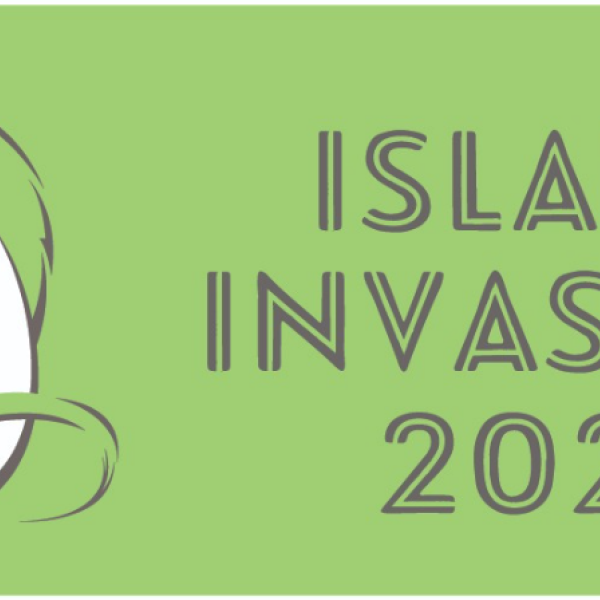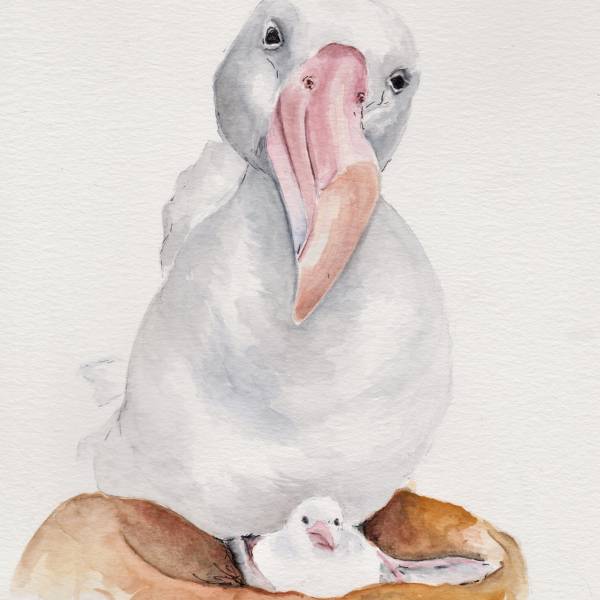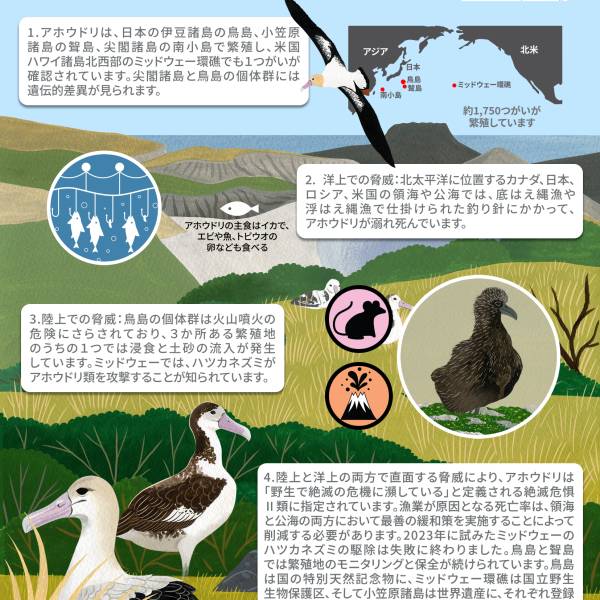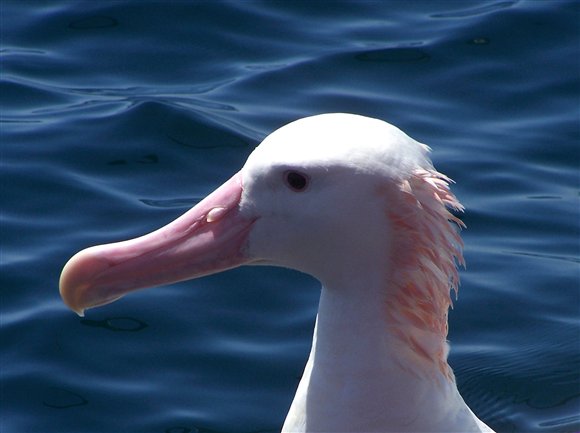
Excessive pink staining on the head and neck of a Wandering Albatross at sea off Uruguay, November 2011
Photograph by Martin Abreu
Writing in the 2011 issue of Sea Swallow, the Annual Report of the Royal Naval Birdwatching Society, the ‘grand old man' of albatross research, Lance Tickell, gives thought as to how the well-known pink staining on the sides of heads and necks of adult wandering albatrosses Diomedea sp. (sensu lato) gets there.
Lance hypothesises that the birds snort or sneeze explosively while in flight to expel fluid from their nasal tubes. He conjectures the exhaled liquid is a mixture of a saline secretion from the salt glands (that all seabirds have) and stomach oil stained pink (or orange) from the birds' diet. This liquid then stains feathers lifted by turbulence as it moves closely past the head and neck due to laminar flow as an aerosol.
What is also interesting is that he further conjectures, having observed no such staining in breeding Northern Royal Albatrosses D. sanfordi which he notes have larger and more bulbous nasal tubes, that they may be able to eject fluid droplets farther out into the airstream while flying, thus avoiding becoming stained.
Lance also notes that non-Diomedea albatrosses do not have stained heads and necks. This presumably is also due to the different morphology of their bills and nasal tubes.
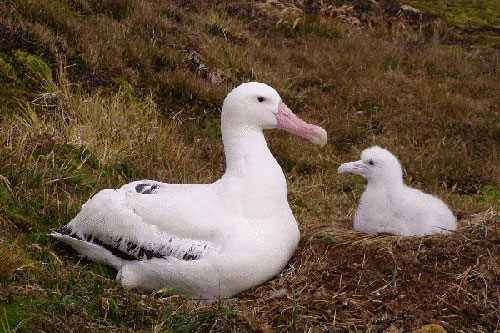
Adult Wanderers at Marion Island show pink staining...
Photograph by John Cooper
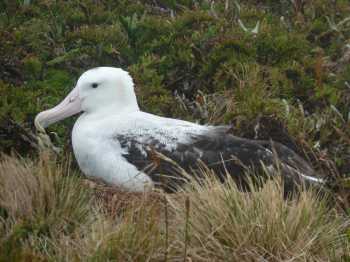
...as does this Tristan Albatross from Inaccessible Island
Photograph by Katrine Herian
A fascinating theory that should be able to be tested experimentally. Go for it!
Reference:
Tickell, W.L.N. 2011. Plumage contamination on Wandering Albatrosses -an aerodynamic model. Sea Swallow 60: 67-69.
With thanks to Martin Abreu, Albatross Task Force in Uruguay for the use of his photograph
John Cooper, ACAP Information Officer, 10 December 2011, updated 25 December 2011

 English
English  Français
Français  Español
Español 

